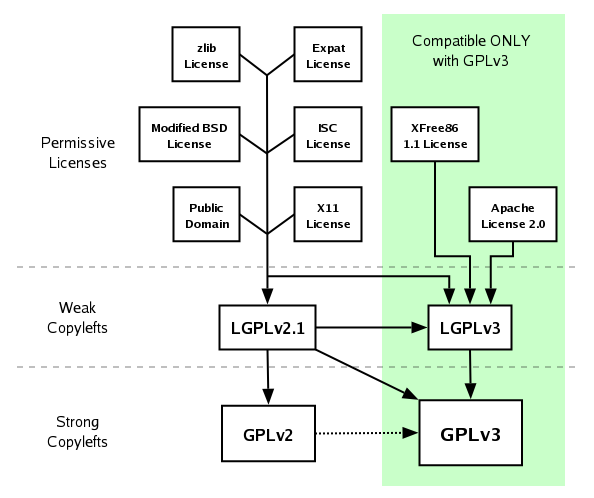1
General / Re: Switch from 1.6 to 2.0
« on: July 05, 2012, 08:24:58 am »
I'm assuming you use the 2.0 RC. If so, did you get the DW2 or SJLJ download? Default Code::Blocks MinGW g++ uses SJLJ, and it is marked as that on the downloads page, so that is more likely.
The VS error is because you're trying to solve the exception, which Windows tries to start its native debugger for. Quoting MSDN:
Try checking the call stack instead.
The VS error is because you're trying to solve the exception, which Windows tries to start its native debugger for. Quoting MSDN:
Quote from: MSDN
Just-In-Time debugging is a feature that launches the Visual Studio debugger automatically when a program, running outside Visual Studio, encounters a fatal error.
Try checking the call stack instead.
